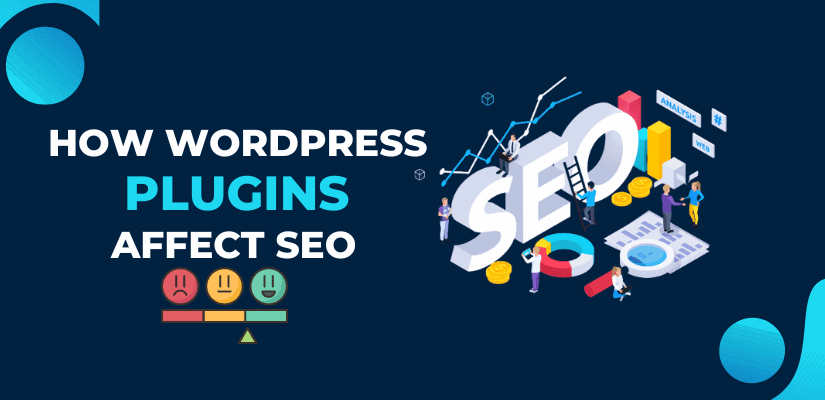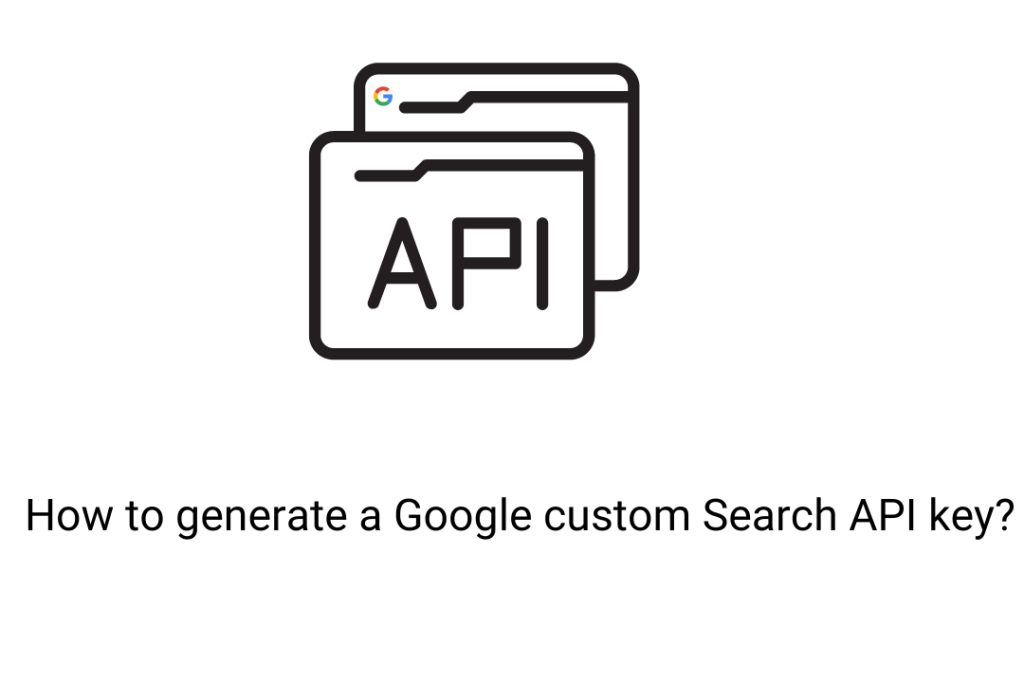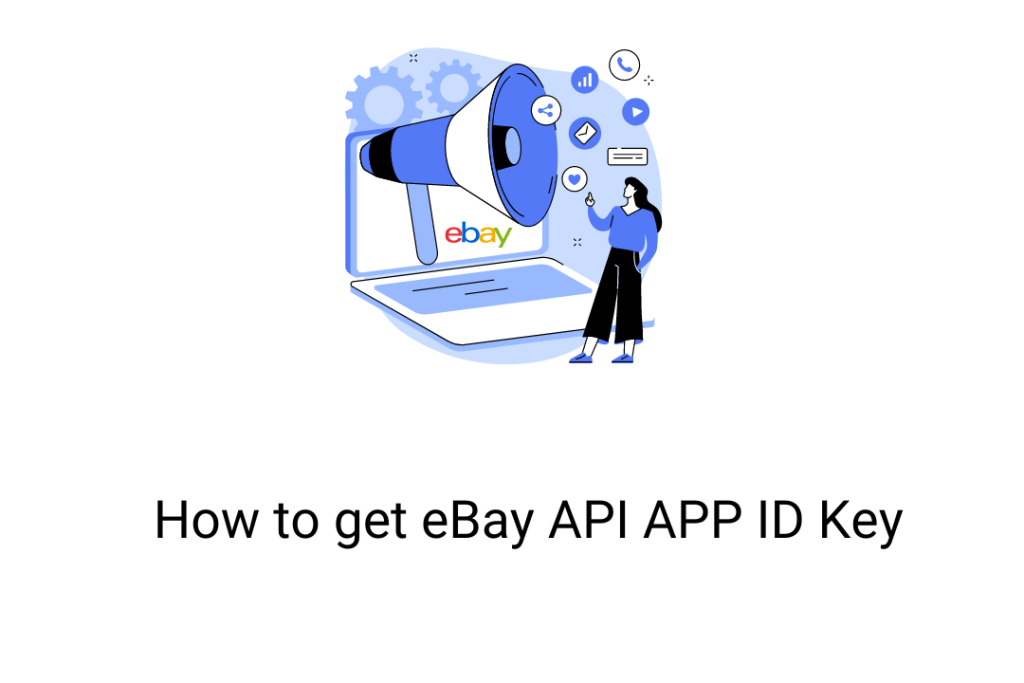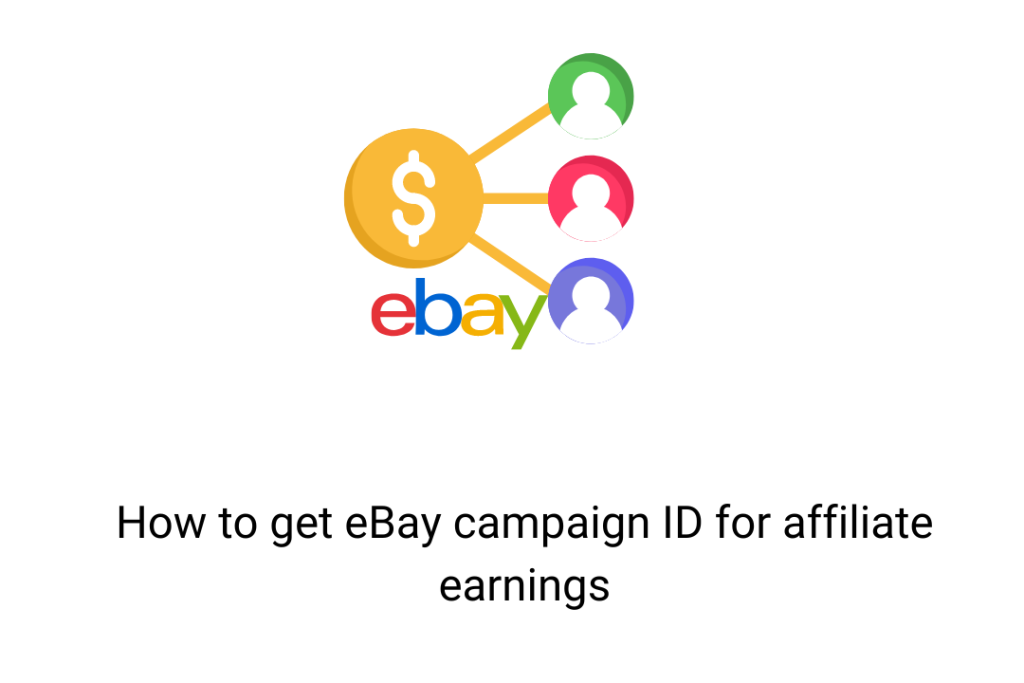Most prosperous websites use search engine optimization (SEO) as a foundation. Utilizing search engines like Google to drive hundreds or thousands of users to your website is possible with effective SEO. You only require the proper equipment.
Fortunately, WordPress sites include a tone of built-in tools that can help you improve your website, like on-page SEO tools and automatic sitemaps. Some consumers will be satisfied with these. Using a WordPress SEO plugin can also assist you in determining which elements of your website need to be improved (and take steps to do so).
The basics of SEO:
Making sure search engines can “understand” the content of your website is the main goal of SEO. By doing so, they’ll be aware of which search results to include your content in (and at what positions).
WordPress SEO raises a website’s search engine rankings and increases organic traffic.
WordPress is among the greatest content management systems since it was created with SEO best practices in mind. To assure the highest search engine results and website performance, you can further optimise it.
The optimization of a WordPress website requires numerous procedures, techniques, and resources. These optimization techniques involve building up a WordPress website that is SEO-friendly, optimising its content, and taking activities away from the page to produce better results.
Why is SEO important:
To increase the number of visitors to your website, you must improve your WordPress SEO. Unfortunately, the majority of WordPress SEO guides are too complex for beginners to understand.
The WordPress SEO best practises must be followed if you are serious about boosting the traffic to your website.
Search engines are the primary source of visitors for the majority of websites.
Advanced algorithms are used by Google and other search engines to comprehend and correctly rank pages in search results. But such algorithms aren’t flawless; they still want your assistance to comprehend the subject matter of your material.
Without optimization, search engines won’t know how to rank your content. Your website won’t show up in the search results pages when people look for the topics you write about, losing you out of all that traffic.
To maximise their search traffic, it is crucial for all business owners to make their websites search engine friendly.
How do plugins affect SEO?
There were undoubtedly many SEO-related problems with older WordPress versions. But most of these problems have been resolved over time.
The current WordPress versions pretty much stand alone in terms of SEO friendliness.
The role of SEO plugins:
Back when WordPress had a tonne of SEO-related concerns, SEO plugins undoubtedly had a job to do. But they are now extinct.
The fact that modern SEO plugins are packed with glitzy features you don’t even need shouldn’t come as a surprise. The majority of these features have nothing to do with SEO.
Additionally, there are other standalone plugins available that can add SEO-friendly features to your blog more effectively than a single bulky SEO plugin, which may potentially cause your website to slow down.
What does an SEO Plugin do for your blog?
The coding and structure of a website can be easily optimised with SEO plugins to make it easier for search engine spiders to crawl it.
A SEO PLUGIN ALLOWS EASY METADATA OPTIMIZATION.
In both search engine results and your page’s code, the page title and meta description are visible. They play a crucial role in describing the page’s subject matter to the search engines. These meta components may need to be adequately optimised for search engines if your website automatically generates them for you.
You may quickly add meta information to each page of your website with an SEO plugin.
SOCIAL MEDIA SHARING IS HELPED BY AN SEO PLUGIN
By utilising something called Open Graph, SEO plugins assist with your company’s social network posting. Your material that has been optimised for search engines can be translated using Open Graph. Instead of title tags and meta descriptions that are intended for search engine crawlers, it provides social media sites with material that is optimised for real people to read and click on when they are browsing around their favourite social networking sites.
KEYWORD OPTIMIZATION:
Making sure visitors can locate your content is the main goal of SEO. Determining the keywords your target audience uses to search for the information they require is the first step in the optimization process. After you’ve finished your keyword research, your content still has to be optimised for those keyphrases.
To score highly on the SERP for a certain topic, you must carefully choose the keywords you include in your post.
One best practice is to include your keyword in the post’s or page’s title, heading, introduction, URL, body, meta description, and image alt tags.
INTERNAL LINKING:
The secret to optimising your blog is to have a plan for internal linking. You may make it easier for visitors and search engine bots to grasp the value and relationships among the information on your website by linking to similar posts and pages. Internal linking will improve reader navigation and keep them on your blog longer, increasing page views and lowering bounce rates.
EVALUATING PAGE LEVEL SEO:
In addition to the editing options that plugins offer, they will assess the SEO of your page and offer recommendations for improvement. Your SEO plugin will assess your current SEO efforts when you enter the target keywords for a page. The plugins will also offer suggestions for enhancements, such as adding extra words to the website or placing your phrase in a header. The advice provided by SEO plugins for page-level SEO is quite helpful.
STRATEGY:
SEO plugins don’t assist companies in creating an SEO strategy. Once you have determined your target keywords, they are essentially one piece of the puzzle that will help you develop the finest page-level SEO. But in order to succeed in SEO, you need to have professionals on your team that understand how to create a thorough strategy as well as how to test and modify the approach as needed. Because site-level SEO and information other than simple keyword inclusion are not supported by SEO plugins, utilising this plugin by itself won’t result in a good SEO strategy.
Does WordPress Need SEO Plugins?
WordPress SEO plugins are not required to optimise your articles and pages. You can achieve excellent results without needing plugins if you are knowledgeable about the foundations of SEO and stay up to date with the most recent algorithmic adjustments.
Most of the time, SEO plugins offer advice on how to make your content more search-engine friendly. The real optimization effort, though, is still your responsibility.
WordPress comes with all the features and tools you need to produce content that is search-engine friendly out of the box. You can add titles, meta descriptions, headings, alt text, tags, change URLs, and much more using the content management system (CMS).
These minor chores, along with many more, contribute to SEO. More power to you if you don’t require a plugin to remind you of fundamental SEO duties.
There are many unique tools available for keyword research and competitive analysis, even if you choose not to employ SEO plugins. These can also assist you in determining the reasons behind your sites’ ranking declines and help you pinpoint areas that want development.
Do WordPress plugins affect your site speed
Indeed, more code is involved with plugins. To make your website load faster, it is, therefore, preferable to reduce the quantity and get rid of the useless ones.
As you are aware, websites that load more slowly may appear lower on search engine results pages (SERPs). A quick page loads in about two to three seconds on average.
However, graphics and videos might sometimes cause your website to load slowly. Therefore, when adding an embedded video to your website, strike a balance between the two. For a website to load quickly, the fewer of them you post, the better.
How WordPress plugins affect the site loading time
Each WordPress Plugin has unique functionality and features to fulfill its main job. Whereas some plugins load elements like CSS stylesheets, JavaScript scripts, pictures, etc. on the front end while others make database calls on the backend.
Your site’s speed and loading time are affected by these database queries and other resources. The majority of plugins generate HTTP requests to load CSS, scripts, and images; as a result, each request lengthens the time it takes for a web page to load.
Less frequent queries have little to no influence on performance.
However, if you employ numerous plugins, they may produce excessive HTTP requests to load assets and files, slowing down your website’s performance and user experience.
Conclusion:
WordPress is a very flexible content management system that can be applied to many different types of websites and online applications. The abundance of plugins that are available for WordPress is one of the key factors contributing to its popularity. These plugins can be applied to your website to enhance its functionality or to introduce new features.
But there are also numerous plugins that help in the SEO optimization of a WordPress website. One such plugin is the WP Automatic plugin. This plugin is one of the best auto-blogging plugins for WordPress.Articles from numerous sources are automatically posted to WordPress by the WordPress Automatic Plugin. The wp automated plugin is really straightforward and user-friendly. Articles from numerous sources are automatically posted to WordPress by the WordPress Automatic Plugin. The wp automated plugin is really straightforward and user-friendly.
Our WP Automatic is also SEO optimised. When you are using this plugin, it neither will slow down your WordPress page speed nor will it lower your loading. This plugin is well coded. Quality targeted articles, Amazon products, Clickbank products, YouTube videos, Vimeo videos, Feeds posts, eBay auctions, Flickr photographs, Instagram photos, Pinterest pins, Twitter tweets, Facebook posts, and SoundCloud tracks are all automatically posted using the WordPress automated plugin.
Although its built-in capabilities and numerous plugins make the process simpler, WordPress still needs SEO, so there is work to be done.



